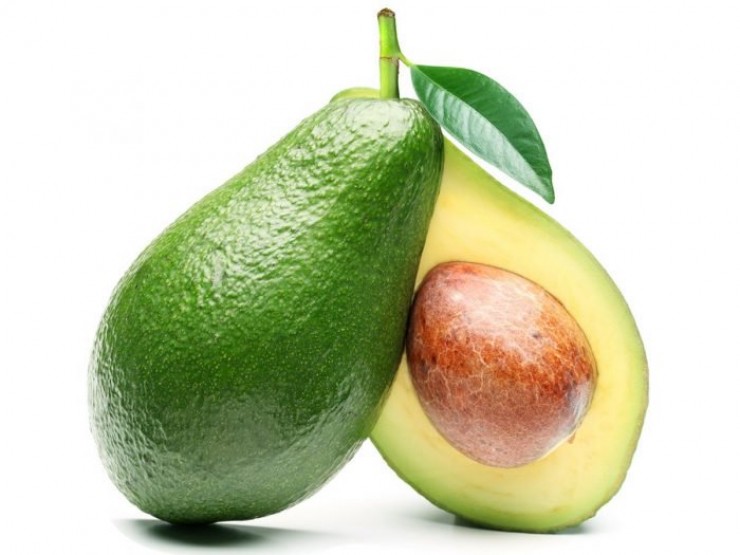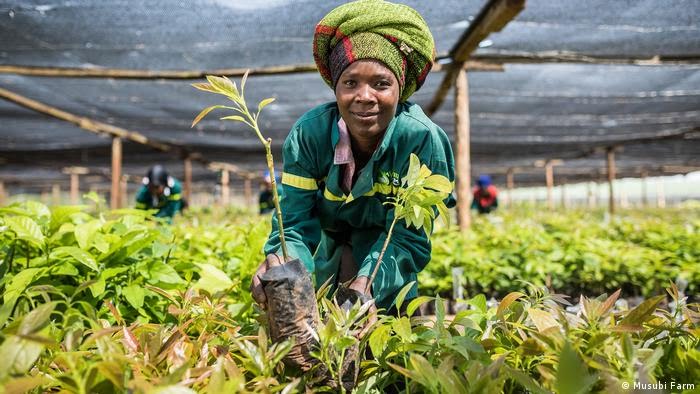Avocados are no doubt are Money That Grows on Trees.
The global avocado market was worth about $12.2 billion in 2020 acording to one market research firm.
The recent increase in Global demand for the 'Green Gold' has spurred brazen nighttime heists and defensive measures from barbed-wire fences to infrared cameras to security teams and tracking dogs in South Africa.
Avocado farmer Mark Alcock has motion-activated infrared cameras dotting 170 acres of groves that send intruder alerts to his phone. The beeps typically wake him at least once an hour, every night.
It’s usually bush pigs, porcupines or baboons. “But there’s always that chance it’ll be someone coming to steal,” he said. “It’s just getting out of hand.” The cameras are part of an elaborate antitheft system that includes a rapid-response team run by an ex-military man and expert in tracker dogs.
South Africa is the world’s sixth-largest avocado exporter, and farmers like Mr. Alcock are entangled in a cat-and-mouse game with fruit thieves who abscond with thousands of pounds at a time. Many avocado growers have resorted to security measures borrowed from gold mines and other big-money targets.
“As the value of the product rises, the accessibility of it rises because there’s more orchards being planted,” said Howard Blight, who grows avocados, macadamia nuts and dragon fruit on his nearly 350-acre farm. The property is guarded by an electric fence standing more than 7-feet high and topped with barbed wire. Guards patrol the farm 24/7.
“It seems a bit drastic,” Mr. Blight said. “But avocados are the green gold.”
The lure of avocado theft spans oceans. The California Avocado Commission has a theft-reporting hotline. In Mexico, rival drug cartels battle for a slice of the multibillion-dollar fruit trade. The global avocado market is expected to grow from about $12.2 billion in 2020 to $17.9 billion by 2025, according to ResearchAndMarkets.com, which provides research for a swath of industries.
Avocado theft in South Africa used to be small potatoes. They would be stolen to eat or sold by the roadside. Robbers now work closely with organized crime networks that can launder the fruit into legitimate markets, according to the Global Initiative Against Transnational Organized Crime, an NGO. South Africa’s avocado farmers suffer annual losses of about 24 million South African rand, around $1.7 million, according to a 2018 survey from the South African Subtropical Growers’ Association, which manages the country’s avocado growers association.
Large gangs launch choreographed raids on farms, washing their loot, packing them in boxes and hawking them in markets across the country. A handful of thieves can easily pick a ton of avocados in a few hours and load them into trucks. That kind of haul might take a single worker as long as two 8-hour shifts and is worth about ZAR10,000, or $710.
The heists are disrupting the supply and price of avocado toast everywhere from Cape Town to Copenhagen. Most of the stolen produce is first-grade fruit meant for export, mainly to Europe, where it can sell to wholesalers for more than $2 a pound.
At upscale restaurants from Johannesburg to Cape Town, avocados have found their way atop pizzas and into ice cream.
The crime wave is creating headaches for Francisco Díaz, co-owner of Oh My Avo, an avo-centric food stall that operates at two Cape Town markets.
“This year it was a little bit crazy. Plenty of people are stealing them, so there was a big shortage,” Mr. Díaz said.
Every week, he buys more than 350 pounds of ripe avocados to sate customers who line up at his stands for avocado toast topped with everything from walnuts to strawberries to biltong, a local dried meat, similar to jerky.
During the pandemic last year, South Africa had its worst economic contraction since at least 1946. The country’s official unemployment rate hit a record 33% in the first quarter this year, helping fuel crime.
Mr. Alcock has harvested avocados for 20 years in and around Tzaneen, a verdant, hilly farm town in South Africa’s northeast. Before he installed his infrared cameras last year, he was getting hit by thieves as often as once a week. In March, they struck again.
He was alerted to six men entering one of his avocado groves just before 11 p.m. Mr. Alcock phoned his rapid-response security contractor, who arrived 45 minutes later with a pack of baying coonhounds and their handlers.
The thieves had already picked nearly 450 pounds of avocados. The security team spent four hours tracking the crooks up a nearby mountain before giving up the chase. The fruit was recovered, but because the avocados were snapped from trees too early in the season, they were worthless.
“In the beginning, guys would come and steal now and then, and it would be with a [supermarket bag], for their house,” Mr. Alcock said. “Now, they come in here at night and just go crazy,” he said.
Craig Coppen, co-director of Canine Security, the company Mr. Alcock hired, pivoted from anti-rhino poaching to anti-avocado poaching four years ago. He has rapid-response contracts with more than 30 commercial growers, keeping watch over about 3,700 acres.
Every night, he oversees at least 100 guards and supervisors on duty, some racing around Tzaneen’s dark, deserted roads with howling hounds in tow.
“You may be looking for some suspicious vehicles, but more than anything, you’re making a racket,” Mr. Coppen said above the din of a recent nighttime patrol. “You’d be amazed at how effective it is.”







